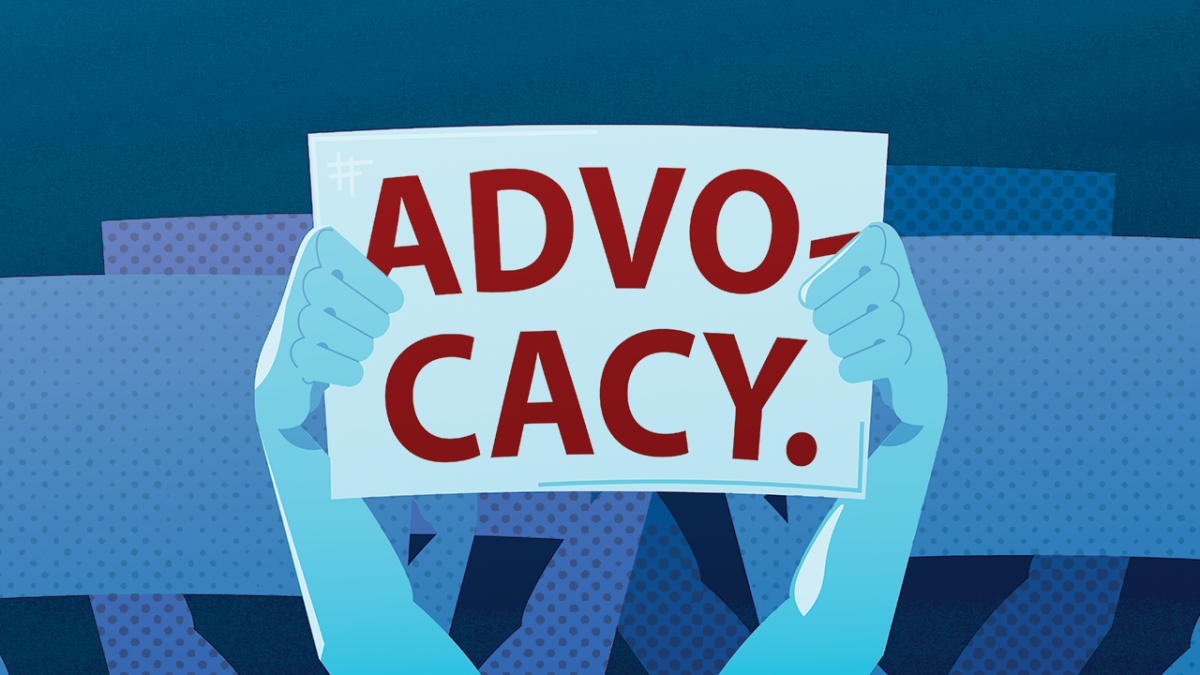Research and recommendations for effective, day-to-day nonprofit practice from ASU faculty, staff, students, and the nonprofit and philanthropic community.

Most nonprofits rely on contributions to support their missions. Gifts from donors provide an organization with the opportunity to be innovative, administer programs and services of a high caliber, and sustain work not always supported by grants, corporate sponsors, earned income, and other more limiting sources of funding. Despite the need for individual donors, charitable giving has been on a continuous decline for a number of years. There are a few reasons for this troublesome trend, including inflation and high costs of living, a shift in participation, and failure to solicit contributions. Below are six recommendations for nonprofits to recruit individual donors.
Utilize multiple solicitation strategies
Donors can be contacted through a variety of mediums including in person, by phone, through email, on social media, and by mail. Studies have shown that direct mail is the best…
Read more

It is a common misconception in the nonprofit sphere that tax-exempt organizations cannot practice advocacy for causes and ideas. However, history shows that nonprofit advocacy is responsible for much of our modern legal system, and some in the sector say it’s a key way that organizations can fulfill their missions. Organizations like Citizens United and many large labor unions are tax-exempt organizations whose past advocacy has played a critical role in shaping the U.S. political landscape. From landmark Supreme Court decisions to organizing voters and communities, the history of nonprofit advocacy in public policy is strong and allows charitable organizations to advance their causes on a massive scale.
What is advocacy?
Advocacy is taking a public stance on a social or political issue and engaging…
Read more

One of the core reasons why many nonprofits exist is to better society by achieving their missions. Whether it’s through affordable healthcare, achieving broader human rights or providing world-class art, many nonprofits aim to change the world for the better. That being said, missions are difficult to achieve without collaboration and trust. Thankfully, nonprofits are still one of the most trusted institutions across business, but trust has been trickling away.
Outside of a nonprofit’s ability to prove a positive impact on society, the second largest contribution to societal trust is integrity. This includes adhering to a set of principles that are transparent and credible like treating all employees fairly and equitably regardless of their identity or background. A nonprofit’s mission statement is tied to the organization’s principles to achieve its goals.
Trans, Non-Binary & Gender Non-Conforming (TGNC) people are among the most discriminated groups within general society and the workplace. When they achieve equitable benefits and treatment that is specific to their well-being can nonprofits say they are actively working towards being morally and ethically just.
Language in Non-Discrimination policies
The primary…
Read more

Donor-advised funds have made countless headlines since their rise to becoming one of the most popular charitable donation methods. While this vehicle for philanthropy has boosted charitable donation rates in a time of relatively low giving, critics say the shift is not what it seems. This blog will break down all the information you need about donor-advised funds: what they are, how they benefit philanthropy, and why some dislike them.
What is a donor-advised fund?
Donor-advised funds, often abbreviated to DAFs, are a type of investment account maintained and managed by a …
Read more

For a nonprofit organization to thrive, it is imperative that it earns and keeps the trust of the public. In recent years, public trust in the third sector has been on the decline due to media scrutiny of criminal activity within different organizations. There is an agreeance that exists between the public and nonprofit organizations; that nonprofits will provide services to the public in exchange for tax benefits, and hopefully, public donations. Without this agreeance with the public, the ability for an organization to thrive and fulfill its mission could be impaired. Enacting best practices to earn and keep public trust is vital to nonprofits desiring to achieve enduring results.
The following are three major categories with recommendations for nonprofit leaders to adhere to in order to assure public trust:
Updating financial documents
Being mindful to stay proactive in updating financial documents on a nonprofit organization's website as well as any third-party websites (i.e. Candid, Charity Navigator) is recommended in maintaining transparency. Offering accurate and updated 990 tax information and holding an annual financial audit with an outside accounting firm and publicly posting the results is also good practice when…
Read more